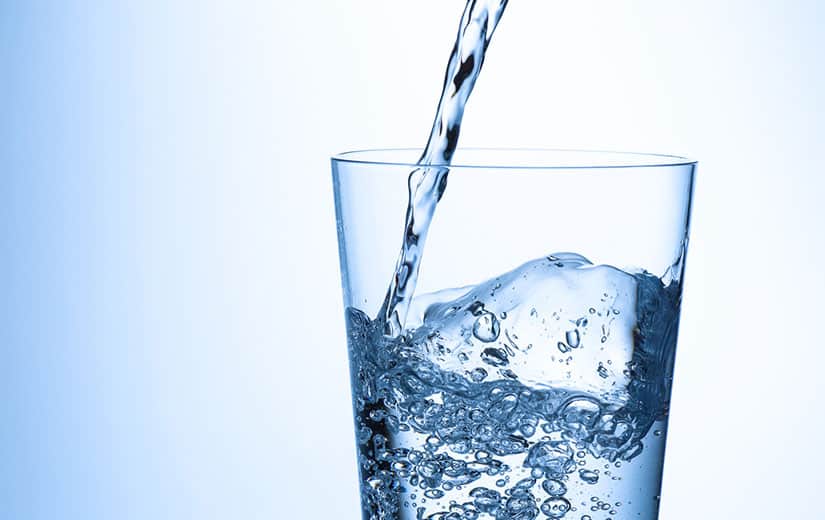A common phenomenon in women, organ descent, or prolapse, is manifested by various symptoms. Find out which ones. Also follow our advice to prevent genital prolapse and improve symptoms in the event of organ descent. Rehabilitation of the perineum, physical activities to avoid, gestures to adopt on a daily basis… Focus on natural remedies against organ descent (vagina, bladder, uterus…).
Summary
What is organ descent?
Organ descent, also called prolapse, is relatively common. It is manifested by the descent of one or more organs of the small pelvis. It can be the vagina, the uterus, the bladder or the rectum. These are organs normally supported by ligaments and the pelvic floor. If these muscles become distended, the genitals are likely to descend, causing significant discomfort or symptoms.
The signs
The symptoms of organ descent are multiple and vary depending on the subject. However, more often than not, we see:
- a feeling of organ leakage;
- vaginal pressure;
- a feeling of heaviness;
- lower back or pelvic pain;
- urinary disorders (an incessant need to urinate, difficulty urinating, incontinence, recurrent cystitis, etc.);
- pain during sexual intercourse;
- constipation with difficult defecation…
Note: these different signs appear more when you are standing, and disappear once lying down.
The causes
Factors are often associated with organ descent:
- multiple pregnancies with difficult or very rapid deliveries;
- a birth defect;
- the consequences of an operation (hysterectomy);
- the natural aging of tissues.
To note : Obesity and menopause are also risk factors. And the great sportswomen are also among the women most affected by organ descent.
Natural treatments
The rehabilitation of the perineum
Before considering prolapse surgery, it is advisable to have recourse to the rehabilitation of the perineum.
Know that there are different techniques and solutions to prevent the development of genital prolapse. In fact, the method differs depending on the organ affected and the degree of discomfort felt. Rehabilitation is provided by a physiotherapist or a midwife.
Generally, when it comes to a beginning form of organ descent, a probe is inserted into the vagina. The objective is then to re-tonify the perineal musculature.
To note : there are also probes on the market that allow you to work the perineum at home, in complete peace of mind.
On the other hand, perineal contraction exercises can also be considered. The results obtained largely depend on the correct application of the exercise by women.
Finally, there is also electrostimulation which strengthens the vagina effortlessly. Electrical impulses are sent to the nerves, causing the perineum muscles to contract.
About ten sessions are necessary to stabilize the evolution of the prolapse and improve the symptoms. And they must also be accompanied by rules to be followed on a daily basis.
Activities to be prohibited
When you are subject to organ descent, you must absolutely avoid carrying heavy loads.
Certain sporting activities are also prohibited. Among them, jump rope, jogging or even step. Indeed, these sports are traumatic for the perineum. Replace them with other activities.
Preventive techniques
If there is a risk of tearing the muscle of the perineum during childbirth, it is preferable to resort to episiotomy. After childbirth, it is also recommended to undergo rehabilitation with a midwife.
Finally, on a daily basis, it is necessary to fight against obesity and constipation to reduce the risk of prolapse.
More natural treatments:
- 7 natural treatments for warts
- 7 Natural Acne Treatments
- 7 Natural Psoriasis Treatments
- 7 Natural Lice Treatments
- 3 natural treatments for scabies
- 11 Natural Constipation Treatments
- 9 natural treatments for angina
- 13 Natural Asthma Treatments
- 7 natural treatments for anemia
- 8 natural treatments for anxiety
- 9 treatments for heartburn
- 11 natural treatments for canker sores
- Paronychia: natural treatments




